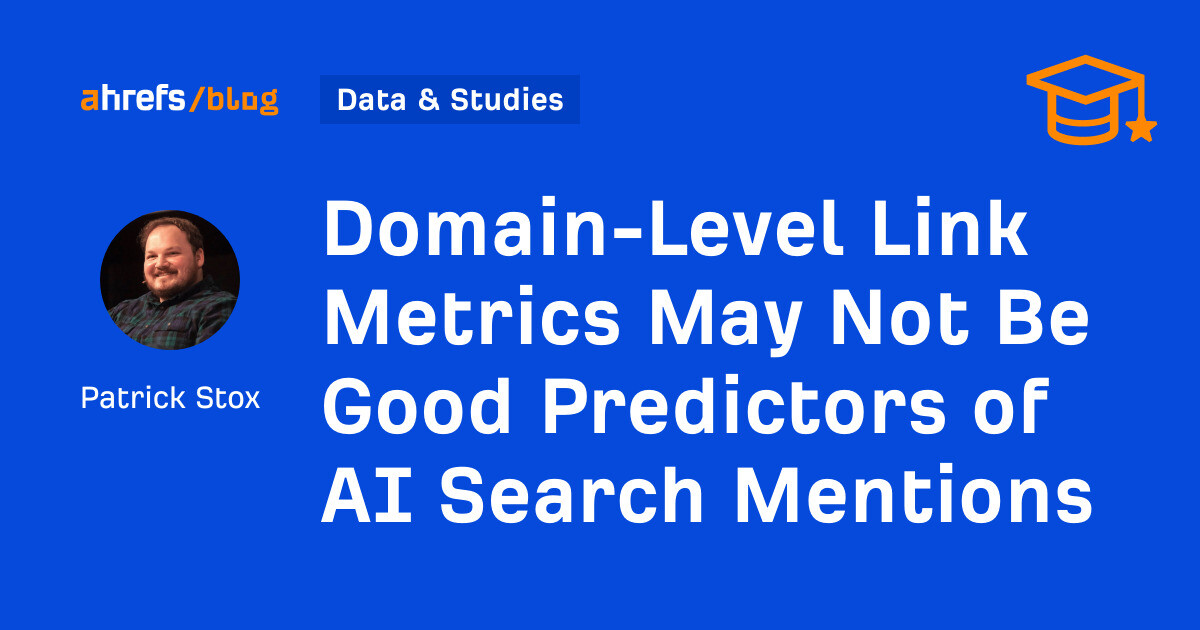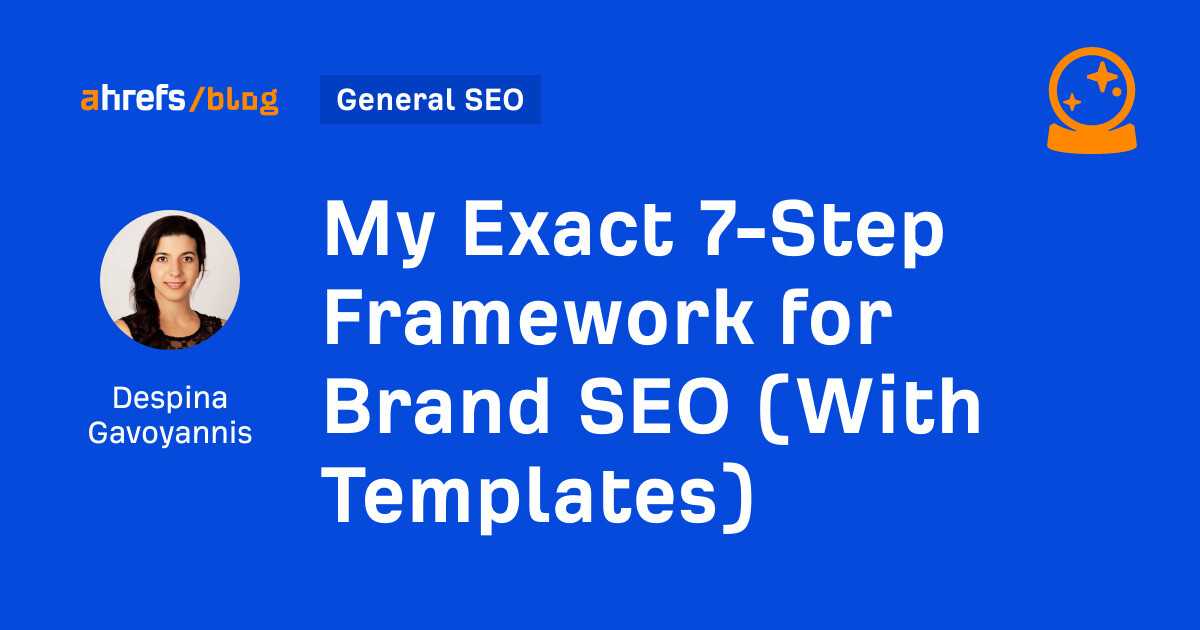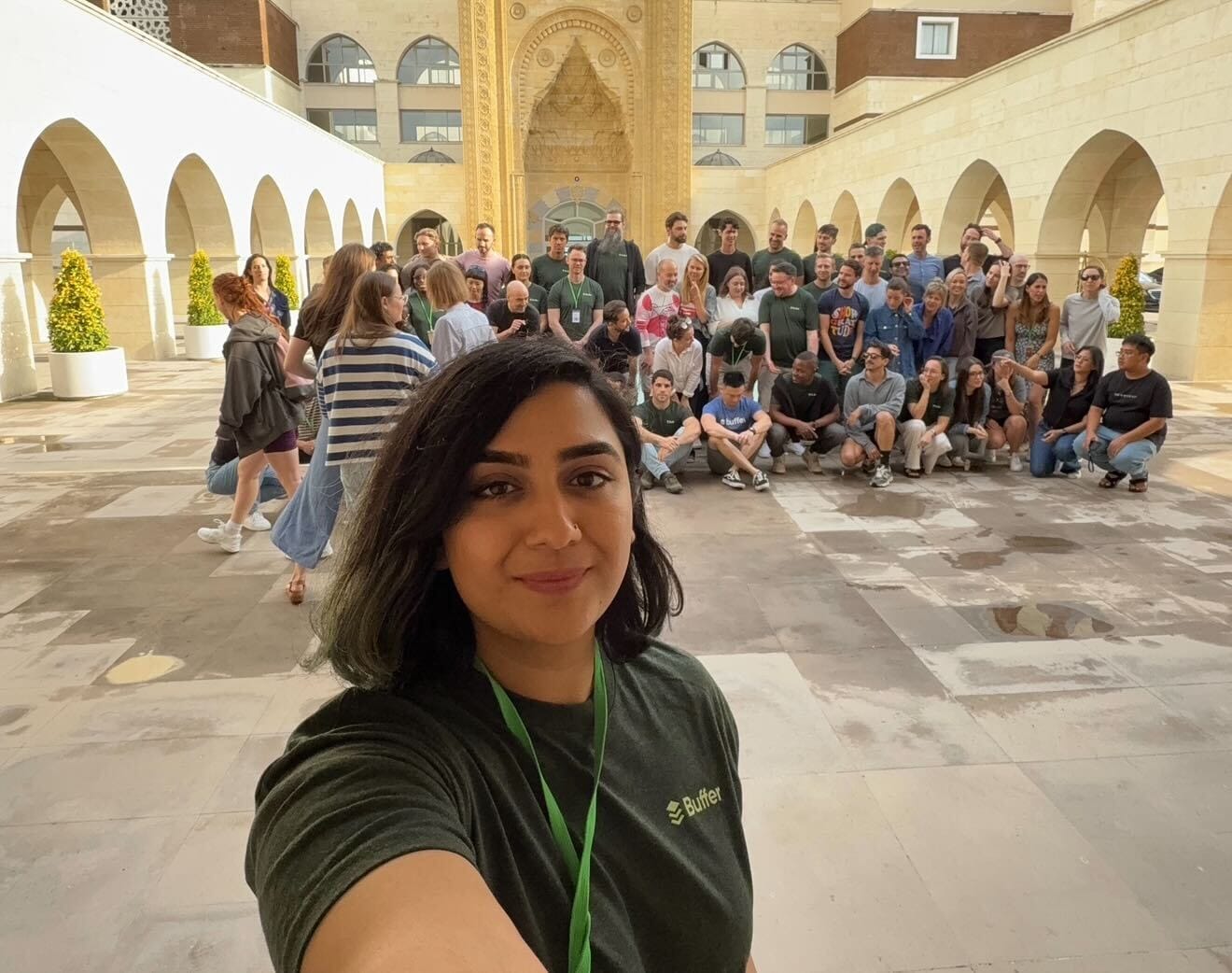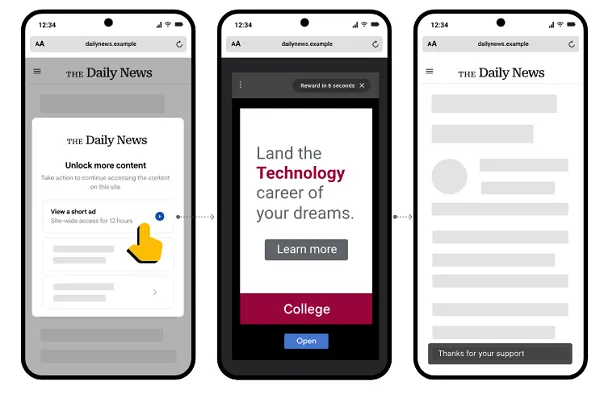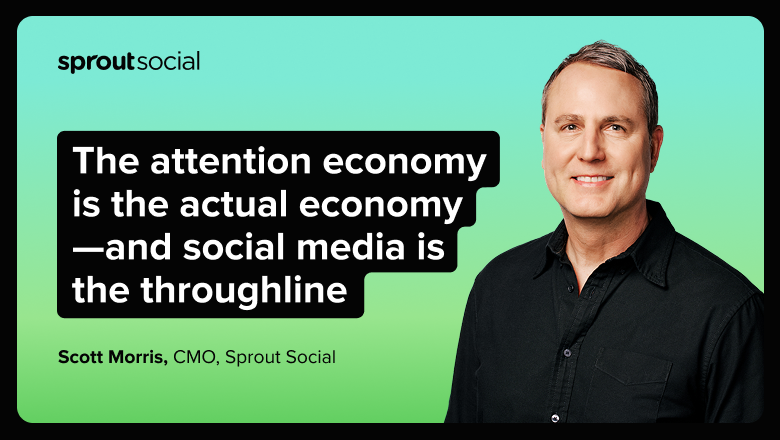OpenAI secretly launched a sales agent — here are the details
In February, OpenAI gave a two-minute demonstration at a private event in Tokyo. The demo didn’t stay quiet for long. It set off a firestorm in the sales industry.

In February, OpenAI gave a two-minute demonstration at a private event in Tokyo. The demo didn’t stay quiet for long. It set off a firestorm in the sales industry.
The short demo, which isn’t available yet, was for an AI sales agent. This AI agent can perform autonomous tasks to help sales teams qualify, enrich, and follow up with leads. You can watch the full leaked demo here, but I’ll break down all the information you need — and what it means for everyone doing knowledge work — below.
OpenAI’s Entry Into Vertical Agents
First of all, OpenAI has mostly focused on consumer products to this point. They created their foundational model, which companies can build on with an API. This is really the first example of OpenAI building a vertical agent. They've built an agent that helps knowledge workers do their work, with use cases specific to certain verticals.
How It Will Work
According to the demo, here’s how OpenAI’s virtual sales agent will work:
- A customer fills out a Contact Sales form.
- That request comes into the OpenAI task pane as a lead.
- The sales agent calls up multiple tools to analyze the lead and take action. For example:
- OpenAI’s Deep Research tool analyzes the lead to fill in enriching information like role, sector, company size, etc.
- It calls up calendar availability to check time slots available to set a meeting.
- It drafts an email to schedule the meeting and sends calendar requests to both the sales rep and the potential customer.
These steps are fully automated, with no human intervention required.
What Makes It Different From Other AI Sales Tools
.png?width=650&height=368&name=PPC%20Campaign%20Infographic%20(14).png)
There are a lot of AI sales tools already on the market, including HubSpot’s own Breeze. So, what makes OpenAI’s sales agent different?
Deep Research Capabilities
At HubSpot, we know the power of enriched data to inform and enable sales conversations. When a lead comes in through OpenAI, the AI agent will call up deep research with live web results and reasoning capabilities to enrich that data. This is research a sales associate might do on their own, like industry, revenue, title, and so on. Deep research can be phenomenally powerful when it’s done in seconds.
Since it connects to various tools, the OpenAI sales agent can also pattern match against customers in your CRM to assess whether it’s a good fit compared to current customers. So, it may offer lead scoring and automated actions tailored to how good a fit the lead is.
Fits Within Your Existing Tech Stack and Workflows
The best value proposition of autonomous agents in the workforce is when they work within your workflow and tasks. Your tasks will be the starting point for the agent. If you have a good tech stack and workflows you like, you don’t have to change them.
Instead, these workflows will be streamlined and automated based on what the customer and buyers are doing across your customer journey. What do I mean by that? Well, someone filling out the form is the trigger, and that trigger starts an AI agent doing its work. That agent is part of the workflow, it’s not separate or tangential to it.
Essentially, OpenAI will be the orchestration layer, and that orchestration layer will be able to call up and work within different tools. That includes research, software, and communication.
Multi-Language Capabilities
Another differentiator is that OpenAI’s tool can work intelligently within different languages and global contexts. In the example the company shared, the lead was entered in Japanese. So, without being told, the tool wrote the contact back in Japanese.
That‘s huge, isn’t it? The way companies have to expand internationally now is that they have to wait until they have local capabilities or language capabilities for each country. With agents, you don’t need full departments. The agent knows a prospect can enter a form within a certain IP location and can adjust its language to match that language or location.
What are the limitations?
With this quick demo, we don’t yet know which features will be included when the full version launches. But here are a few features that HubSpot’s customers have found useful that OpenAI might be missing:
- Sales prospecting features like customizing approaches for different personas and re-engaging lapsed leads.
- Buyer intent analysis, assessing which companies are ready to buy based on website clicks and other actions.
- Conversation intelligence to coach your sales team with call feedback and insights.
How the OpenAI Sales Agent Will Impact the B2B Sales Industry
If you were following the initial leaked demo, you probably saw some initial hysteria that OpenAI was trying to kill the human part of sales. So let’s be clear, that isn’t what this tool does. There won’t be an OpenAI sales bot sending you cold emails.
This system is designed around inbound leads, or people who have filled out a form and want to be contacted. Now we know how this usually works. Someone submits this form, it goes into a system, and then a team of people reviews the leads to reach out and figure out how best to respond. This can take hours or days.
So, what could it look like if you had agents working for you inside your workforce right now? What if instead of spending hours researching leads and scheduling meetings, you simply had good-fit leads appearing on your calendar?
The real value of this first wave of autonomous agents is in the time they give back to sales teams. You might have 50 micro-agents doing 50 different tasks within your workflows, and it’s going to make your life better. All of the mundane, boring things you probably don't want to do, these agents will be able to do for you.
So these AI tools are good for sales teams, and they’re also good for customers. Coming back to the human-to-human connection, intent matters. Automating lead qualification and scheduling can improve the overall experience and clear the junk out of the way for the human connection. For the most part, humans won’t care if something is AI if they have a goal and AI helps them reach it.
To sum it all up, the OpenAI Sales Agent has incredible potential to help companies work within their existing workflows and tech stacks to reach prospects faster and better. This is just one glimpse behind the curtain showing how OpenAI may be dipping its toes into vertical agents. And, I can’t wait to see what comes next.
To learn more about boosting productivity by building AI assistants, check out the full episode of Marketing Against the Grain:
![]()


















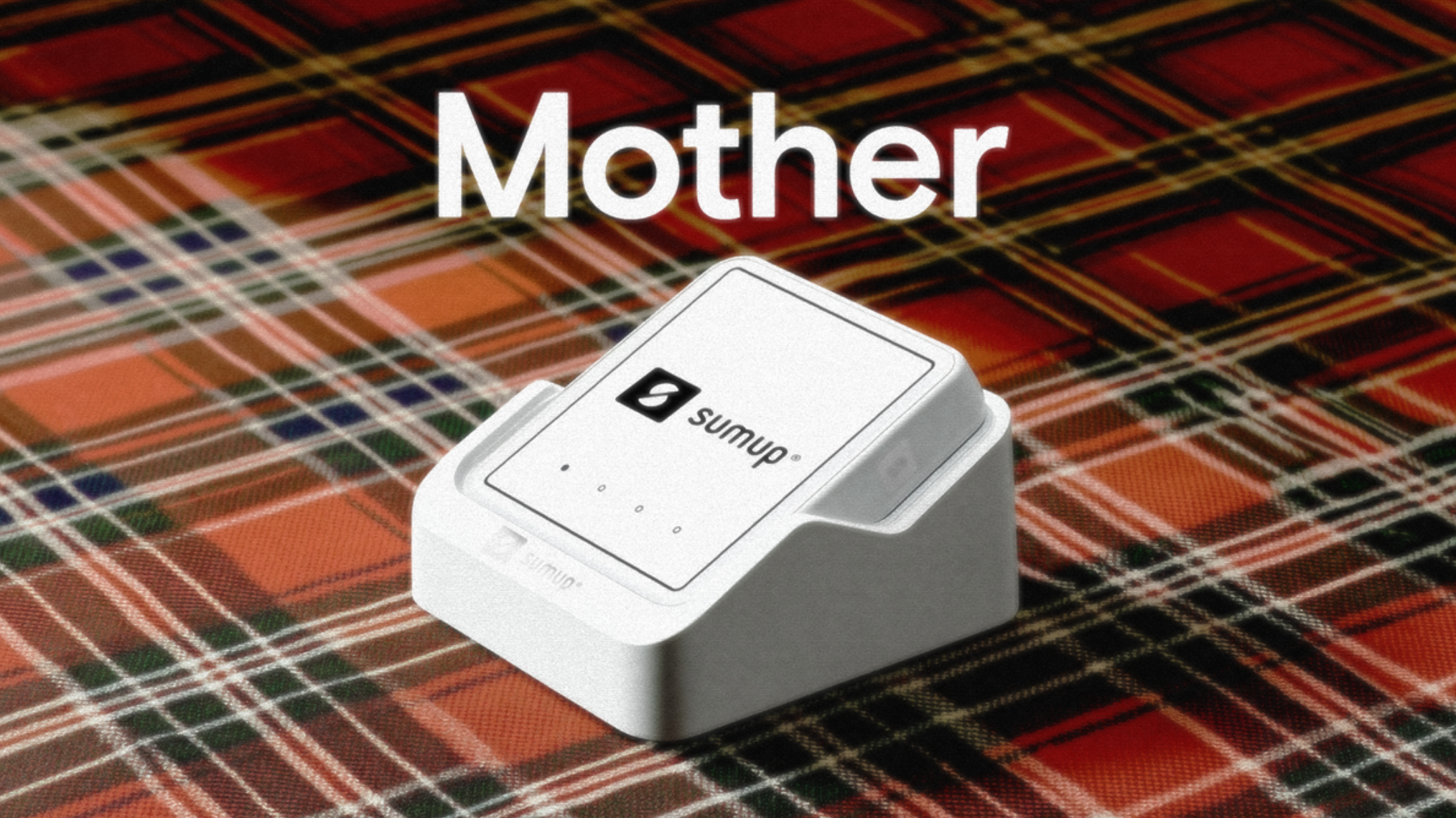







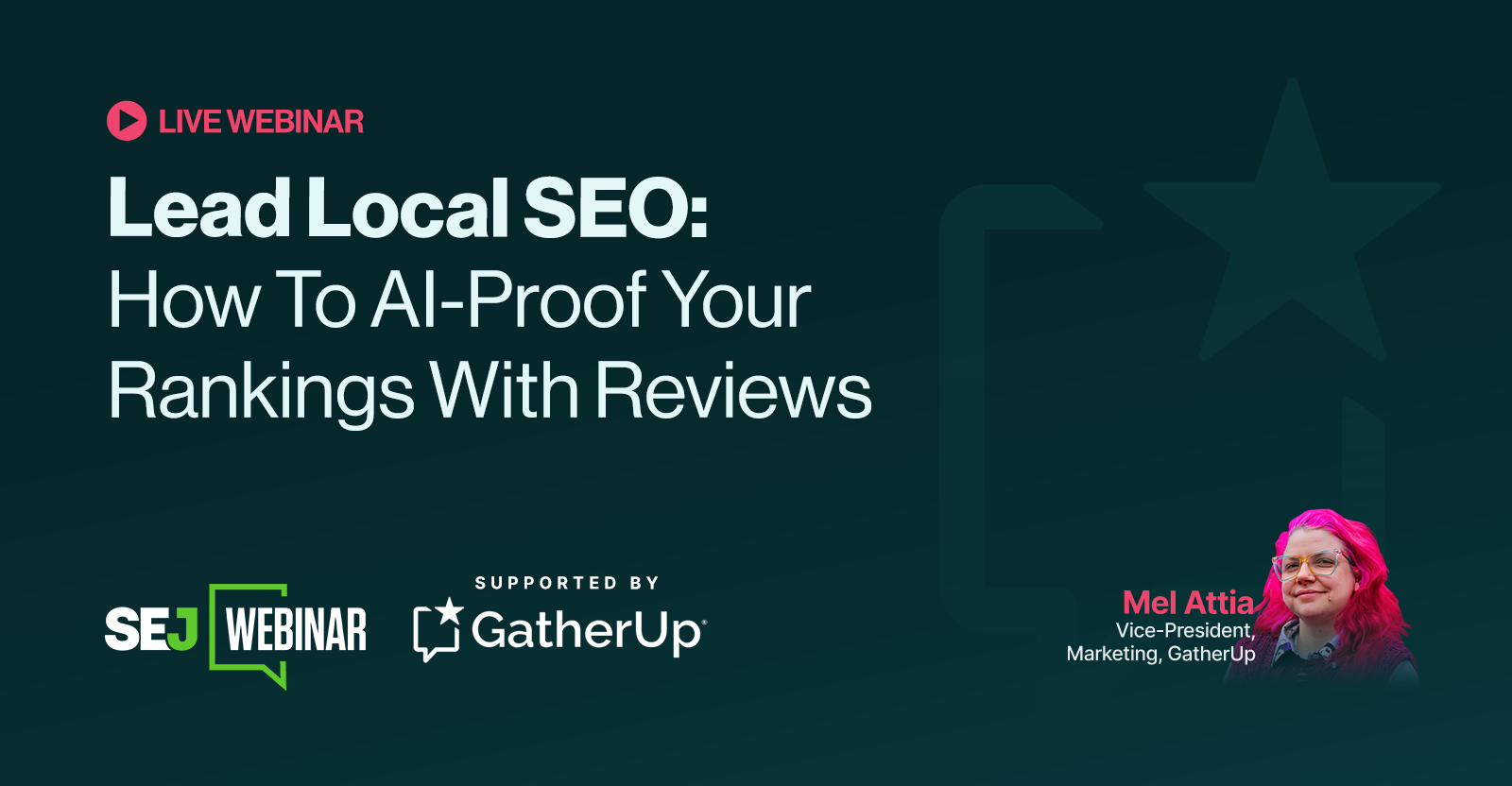




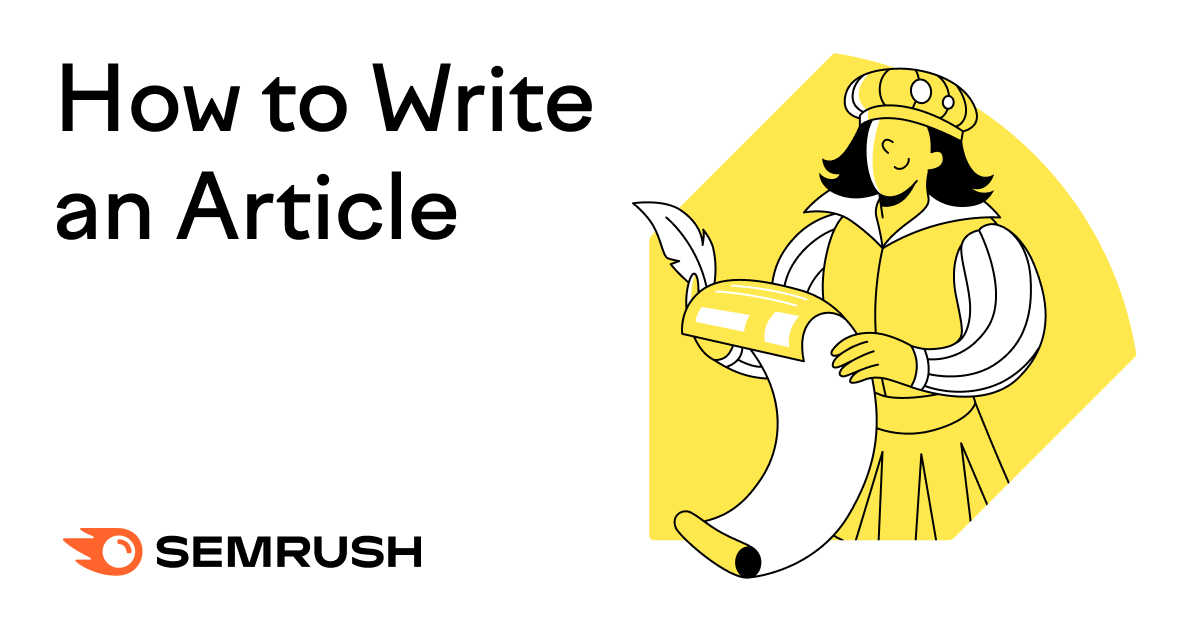




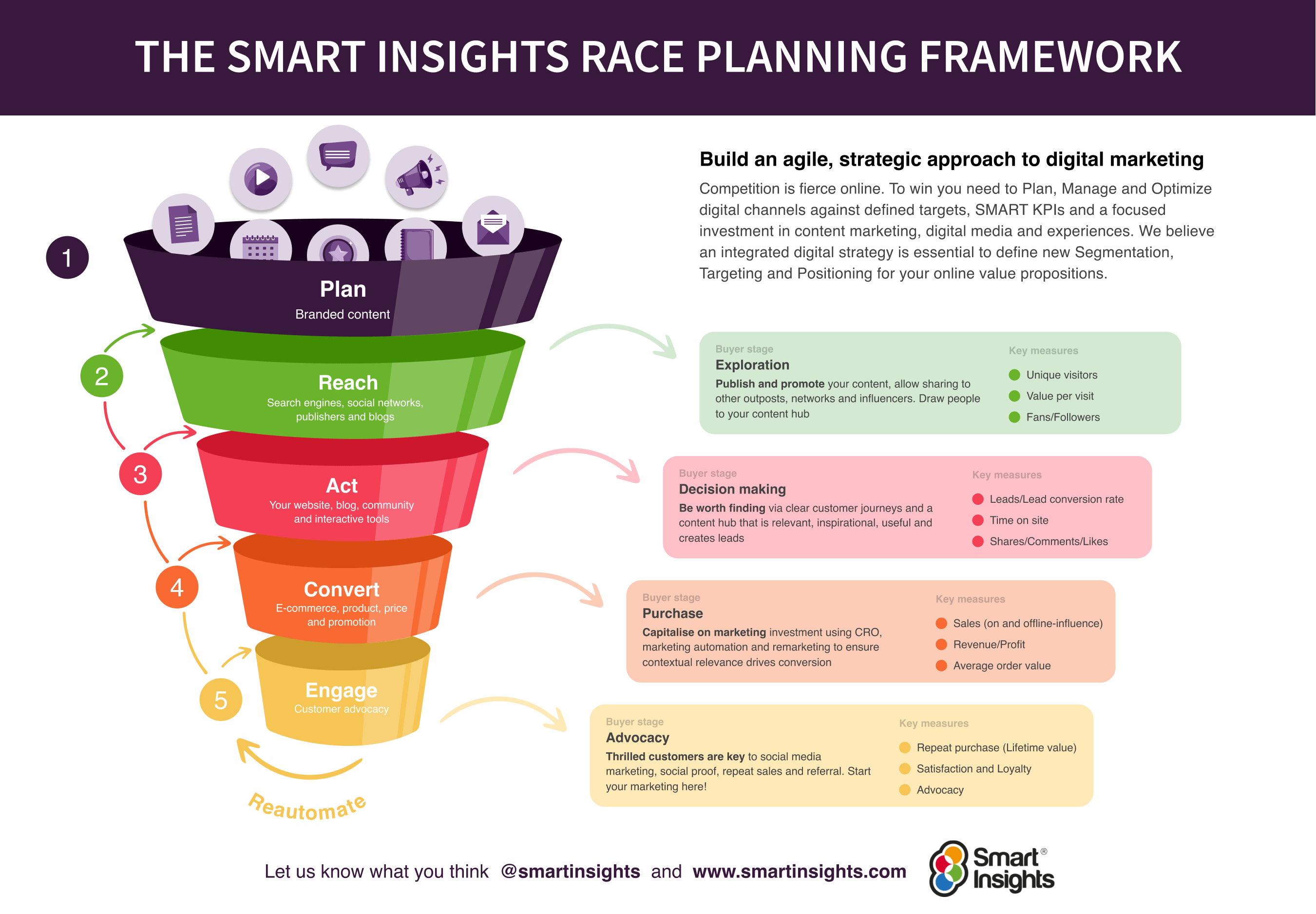











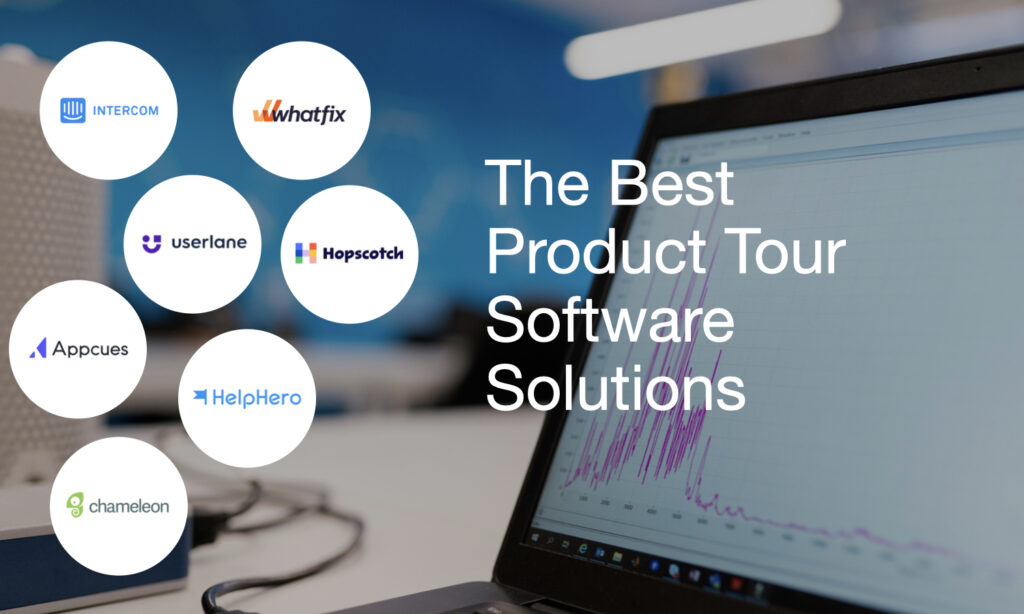


































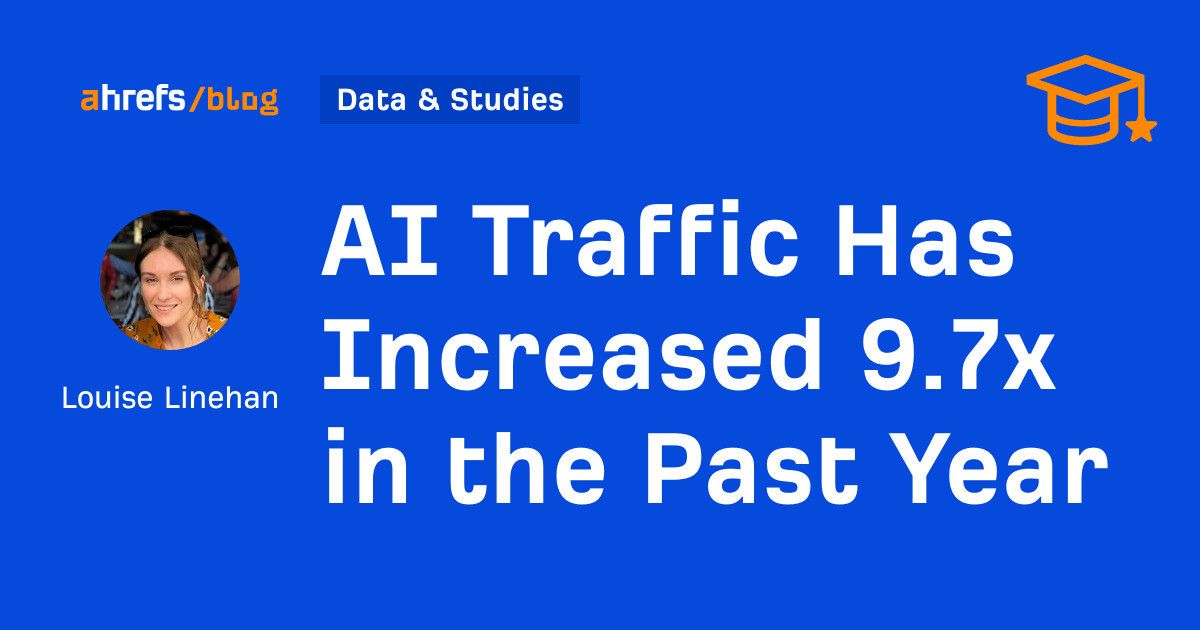
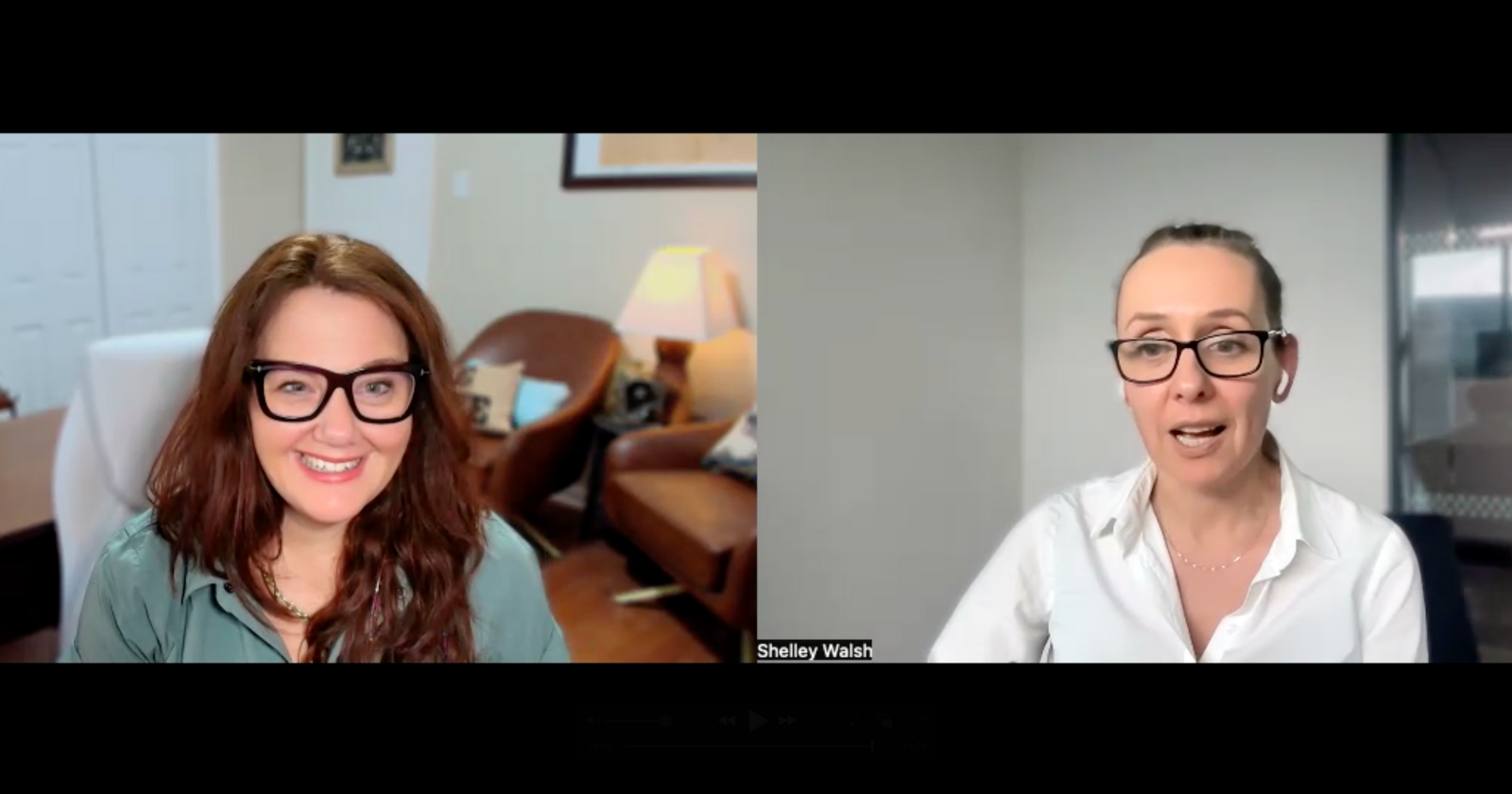



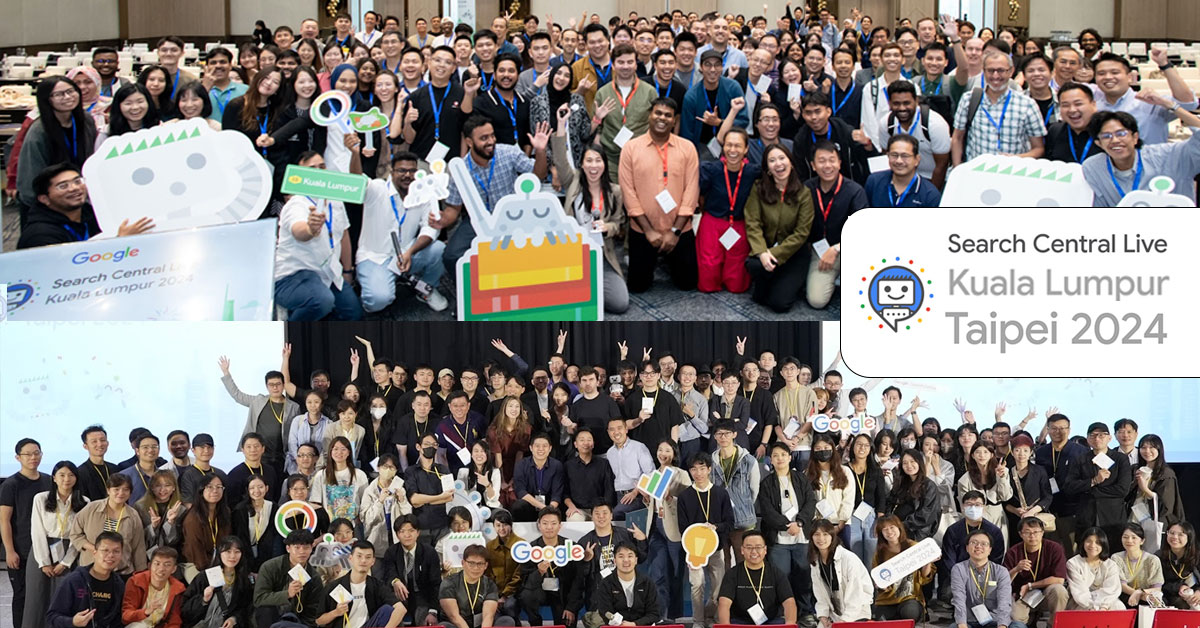

![Brand and SEO Sitting on a Tree: K-I-S-S-I-N-G [Mozcon 2025 Speaker Series]](https://moz.com/images/blog/banners/Mozcon2025_SpeakerBlogHeader_1180x400_LidiaInfante_London.png?auto=compress,format&fit=crop&dm=1749465874&s=56275e60eb1f4363767c42d318c4ef4a#)
![How To Build AI Tools To Automate Your SEO Workflows [MozCon 2025 Speaker Series]](https://moz.com/images/blog/banners/Mozcon2025_SpeakerBlogHeader_1180x400_Andrew_London-1.png?auto=compress,format&fit=crop&dm=1749642474&s=7897686f91f4e22a1f5191ea07414026#)
![How to Create an SEO Forecast [Free Template Included] — Whiteboard Friday](https://moz.com/images/blog/banners/WBF-SEOForecasting-Blog_Header.png?auto=compress,format&fit=crop&dm=1694010279&s=318ed1d453ed4f230e8e4b50ecee5417#)
![What Are Good Google Ads Benchmarks In 2025? [STUDY] via @sejournal, @brookeosmundson](https://www.searchenginejournal.com/wp-content/uploads/2025/06/benchmark-273.png)







![AI Content Is 4.7x Cheaper Than Human Content [+ New Research Report]](https://ahrefs.com/blog/wp-content/uploads/2025/06/ai-content-is-4.7x-cheaper-than-by-ryan-law-data-studies.jpg)
